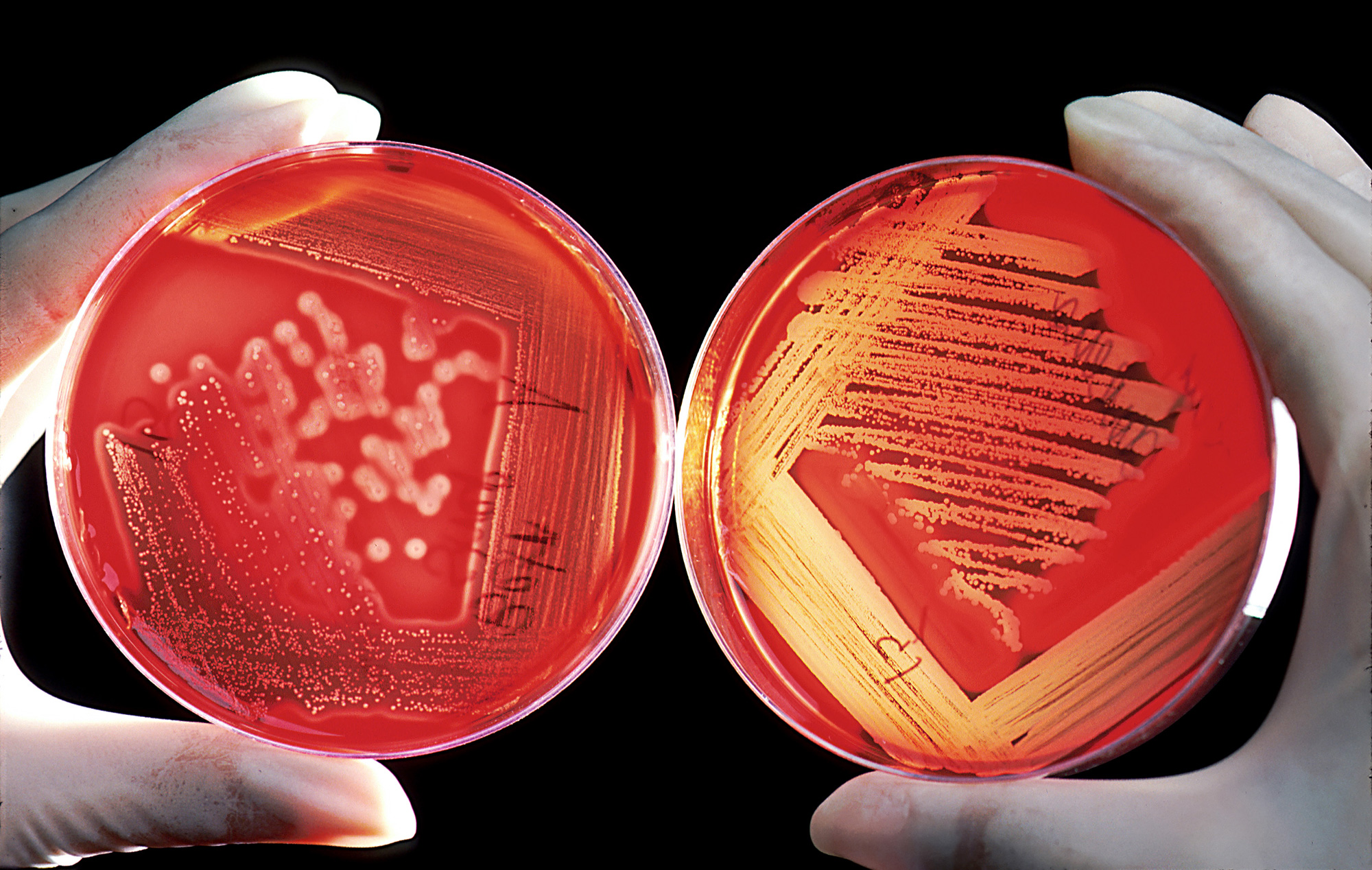
The word microbiology comes from the Greek word “micros”, meaning small. It is the branch of science which deals with tiny living things invisible to the naked eye. Although microbiology is often connected to diseases and pathogens, the world of these tiny organisms is far more exciting and wonderful than what is known to the general public.
Interesting Facts about Microbiology
Life, on this beautiful Earth, started with simple single celled organisms and over the course of evolution , has grown into complex systems like plants and animals ,which are made up of trillions of cells. However, these simple single celled organisms didn’t fade away. They remained and probably have colonized every corner of the Earth. Flying up in the space,they lived in the upper atmosphere where they are bombarded with radiation constantly. Going deep down the ocean, they survived in the dark and inhospitable environments like volcanic vents. They even dug deeper into our soil where they survive at high pressures. They live in acidic pools, hot springs, dark caves, animal intestines and all possible ecosystems we can think of!
And we know only a fraction of them! The study with microbes came more out of fear than out of fascination to these little creatures. During the 17-19th Century, scientists proved that diseases and destruction of farm products were not because of ill spirits and God’s wrath but because of these tiny microbes. Soon, these microbes grabbed the headlines and humankind began learning more about them.
What is Microbiology
Till recently, more focus was on developing antibiotics, vaccines and drugs against these microbes. However, this attitude has changed and we now have many streams in microbiology which studies these microbes in much more detail. Microbiology doesn’t only contain study of bacteria. It comprises the study of bacteria, archaea (ancestors of bacteria), fungi, viruses and microscopic eukaryotes. We have been self- centered all along and gave importance to microbes that only affect us, but given the current estimates of microbial diversity and their functional roles in environment, we have now come to realize that these microbes are the true masters of our ecosystem. They maintain the global carbon and nitrogen cycles, absorb CO2 and release oxygen, enrich the soil fertility, help us digest our food, decompose organic matter thereby releasing nutrients back to the environment and much more.
Microbiology is the branch of “Science” which deals with the study of microbes. Any branch of science consists of making keen observations about the workings of Nature and to ask the questions “Why?” and “How?”. Scientific pursuit takes a very interesting path. I would like to describe it as a downward spiral path. First, you make some very keen and interesting observation about any phenomenon observable to you. You probably say “Wow !” or “ How interesting !”. Then comes a big frown on your face. You’re probably thinking “Why?” and “ How?”. You devise hypothesis based on existing logic, test your hypothesis and get some results. You again make some observations and interpret your results and see if you’re any close to the actual truth. If not, you again ask questions, refine your approach and hypothesis and test your hypothesis. You do this again and again until you have reached the truth
The Microbiology academics
The world of microbiology is a very interesting choice of career. It is one of the fundamental biological sciences and you stand to benefit if the world of microbes excite you. Essentially, to pursue your career in Microbiology, a student must undergo his basic training post 12th standard in Sciences. To be an able Microbiologist, does not mean he/she has to opt for B.Sc Microbiology only. The student has to his/her choice of selecting degree courses between B.Sc Microbiology, B.Sc Zoology, B.Sc Biotechnology, B.Tech Biotechnology, B.Sc Biochemistry, B.Sc Genetics and Integrated 5 year courses in Biological Sciences. Even a student of Chemistry, Mathematics/Statistics or Computer Programmers can pursue this field, but I’ll explain that later.
Important to note is also your choice of institution. A good institution will provide for better faculty and laboratory infrastructure. This field is competitive as many other fields and aspiring to join a premier institution should always be a student’s priority. This field will not reward to those who do not take initiative to understand the subject. A student must face the bitter reality of entrances in this field as well. But a keen and self-driven individual will always be successful if proper efforts are taken in time.
Microbiology teaches you the following
The Bachelor’s and Master’s courses makes you acquainted with various topics to study these microbes. Their structural composition, their genetics, their basic biochemistry (how they derive energy), how they communicate with their outside world, their internal machinery (molecular biology) etc. They also help you to observe these organisms- visual detection under a microscope by coloring them (staining), growing them in flasks, giving them special food, see what they can produce (antibiotics, drugs, wines and fine liquor) and playing around with their genes so that you can use them to harvest your own designed product (all albeit within the proper scientific ethics of course ! ).
Pursuing these degree courses gives the student a sound understanding of their biology and the measures of observing them in the lab. A beginner in this field may opt for B.Sc Microbiology but later can pursue Master’s in Microbiology, Biotechnology, Genetics or Biochemistry depending upon what aspect of microbes is more appealing.[
](https://www.facebook.com/abhik9.kulkarni?fref=ts)I am aware of the fact that there are still more topics to be covered for you such as future opportunities, challenges and also qualities one must have to become a hard-core Microbiologist! In my next article, ill share everything..
Cheers!
Abhijit..
